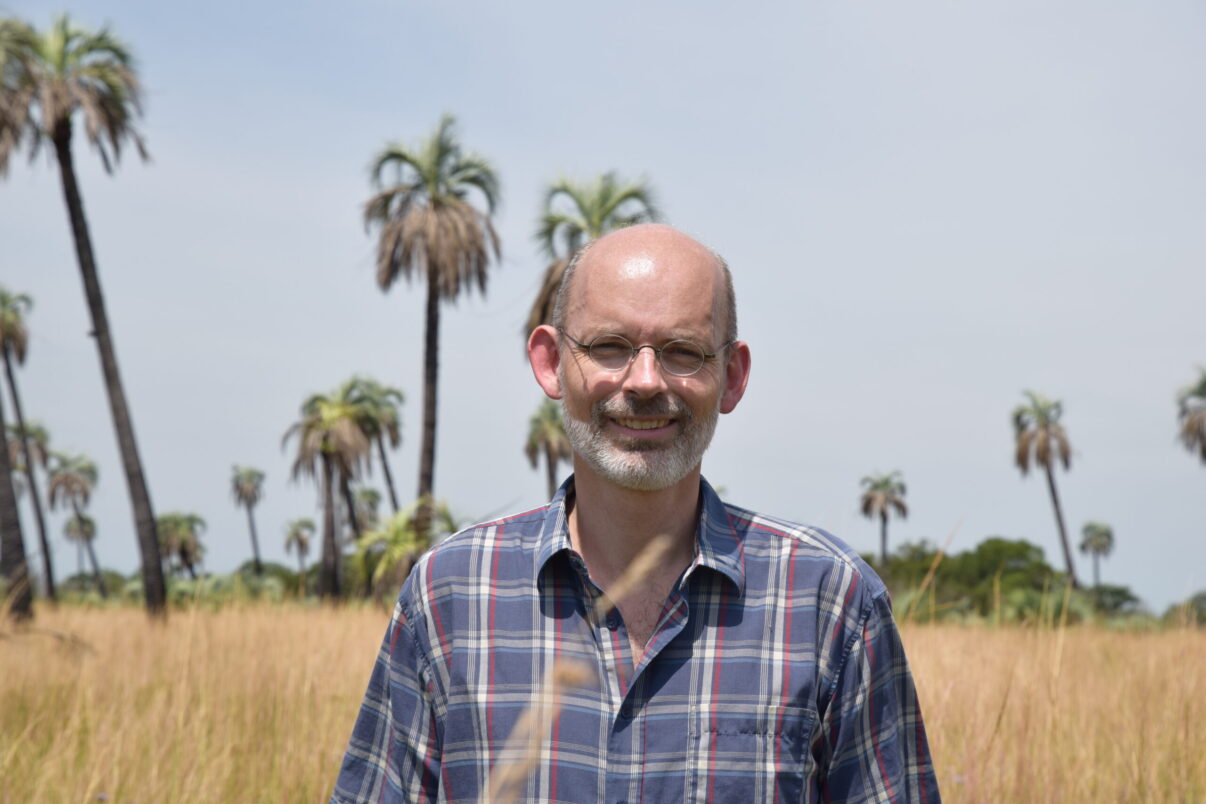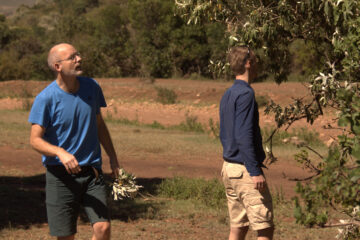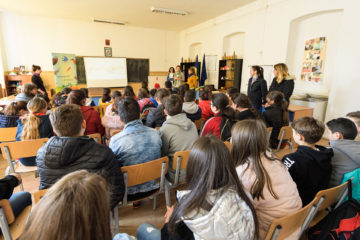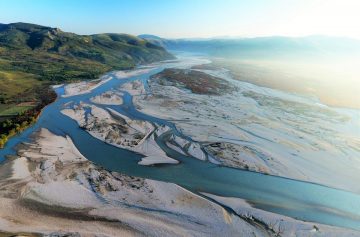Rewilding Europe is delighted to announce that Professor Jens-Christian Svenning has joined Rewilding Europe’s Supervisory Board.

As a macroecologist and biogeographer, Jens-Christian Svenning is Director of the Centre for Biodiversity Dynamics in a Changing World at Aarhus University in Denmark and brings a wealth of rewilding expertise acquired over the last two decades. We caught up with Jens to learn more about his new role and his views on rewilding.
When did you first become involved with rewilding?
I’ve always been interested in wild nature, so you could say I’ve been involved since I was a child. In my professional career I have worked on improving our understanding of ecology and history of nature, and how this can be used in conservation and restoration, for more than 20 years.
What you are working on now?

In my research team there is a strong focus on improving our understanding of biodiversity dynamics in this human-dominated epoch, as well as the scientific basis for overcoming our biodiversity crisis and promoting ecologically sustainable development in society. Working towards these aims, we are conducting many rewilding-related studies. Based on new scientific and practical insights, the rise of rewilding signifies the beginning of a paradigm shift in conservation science, policy and practice. To take this shift forwards we need to continue to strengthen the connection between the science and practice of rewilding, and much of my work going forwards will continue to focus on this.
How do you think you can contribute to Rewilding Europe’s mission to make Europe a wilder place?
I have observed Rewilding Europe’s work with keen interest since 2011, and am very much looking forward to learning more about the initiative as a board member. I am a scientist with a strong interest in the ecology, history and future dynamics of wildlife and ecosystems in Europe and globally; as such, I can contribute to the mission with advice based on my expertise in these subjects, as well as my general and critical perspective of natural science.

How would you summarise European rewilding today?
As a powerful and inspirational new approach to the management of nature, rewilding is receiving increasing attention, in public, scientific and political circles. This is very clear in Denmark, and my impression is that this is also true in other European countries too. Importantly, the European rewilding movement is also gathering increasing momentum, thanks to the efforts of leading initiatives such as Rewilding Europe.
What personally inspires you about rewilding?
By restoring natural processes and enabling the development of self-regulating ecosystems, rewilding has the potential to reverse past and present biodiversity losses – for me, this is incredibly meaningful. As a scientist, I am also highly curious to see what happens when we allow nature to play an unconstrained role in reshaping ecosystems. We need to learn to trust nature far more. After all, Earth’s rich biodiversity has been created and maintained across millions of years by natural processes.
Do you need wild nature in your life?
Definitely – I always seek nature, from messy peri-urban and urban wild spaces to huge expanses of remote wilderness. Being surrounded by wild nature is refreshing and inspirational, and always gives me an opportunity to learn more about biodiversity and ecosystems. I’m lucky in that Aarhus, despite being the second-largest city in Denmark, has lots of green space – I even get roe deer wandering through my suburban garden!
Are you optimistic about the future of wild nature in Europe?

I guess you could say I’m moderately optimistic. I see clear positive trends – such as a rising appreciation for biodiversity and rewilding. But there are also major challenges ahead, most notably pressure from rising societal resource needs and climate change. Gaining enough political support to provide sufficient space for nature and truly prioritise ecological recovery and natural processes in natural areas is also a challenge.
Nature recovery, in large, widely distributed areas and based on rewilding principles, is essential to overcome our biodiversity crisis. It also offers huge potential to counteract human-driven climate change and improve the lives of people in both urban and rural environments. This is why the European Commission needs to prioritise nature recovery in the EU Biodiversity Strategy post-2020.
